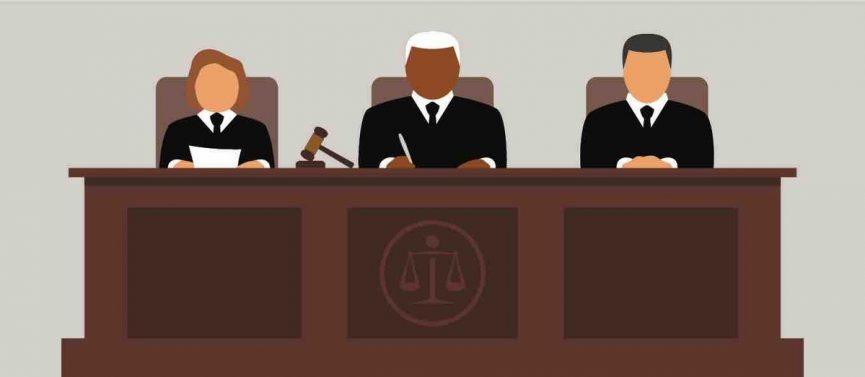FDA Has Legal Authority to Regulate Vapes, Says Supreme Court

The Supreme Court rejected an appeal on Monday by a Mississippi vape retailer and a vape industry group to deem the FDA’s authority over vaping products unconstitutional. The case was not argued before the court as the justices refused to hear the arguments of the two petitioners, Big Time Vapes Inc. and the United States Vaping Association. They argued that Congress had given too much power to the FDA to regulate the vaping industry, which violated the non-delegation doctrine of the Constitution. The government argued that Congress had given specific guidance to the agency, which was in line with the agency’s overall mandate to regulate all tobacco products, including vaping products.
Where Did the Case Come From?
The basis for the arguments given by Big Time Vapes, Inc. goes back to the 2009 Tobacco Control Act. That legislation gave the FDA the power to regulate all tobacco products, even allowing the agency to regulate any new products it deemed were tobacco products, like e-cigarettes.
The agency updated its rules governing tobacco products in 2016 when it introduced the Deeming Rule that brought e-cigarettes, hookahs, and other vaping products under its jurisdiction. The crux of the argument against the FDA’s authority was that Congress had absolved itself – unconstitutionally – of its responsibility by giving so much control to the FDA.
The government, however, argued that Congress gave the FDA a clear mandate, including “intelligible principles with appropriate boundaries for FDA to apply.”. The government also highlighted the urgency of the agency’s role in keeping the public safe from vaping products, especially given the rise in teenage vaping use and the EVALI outbreak of 2019.
What Does the Decision Mean for Vapers?
The challenge to the FDA’s authority was meant as a rebuke to the agency’s PMTA rule that has left many small businesses and vape manufacturers in limbo as they struggle to comply. The PMTA’s rules are seen as increasingly onerous. They require vape manufacturers to provide scientific proof that their products are safe and will not lead to public harm.
Such studies and regulations are too much to bear for all but the largest vape manufacturers, like tobacco giants PMI and British American Tobacco, who have both had their vaping products approved for sale by the FDA.
Smaller companies like Big Time Vapes and the other 19 vape businesses represented by the United States Vaping Association represent the bulk of the homegrown and independent vaping community. While they were unsuccessful in challenging the FDA’s authority, little will change about the current state of vaping regulations in the US.
The federal government has already banned vapes from being delivered by the US Postal Service, which has led to a mass exit of other private carriers like FedEx and UPS. Individual states continue to impose steep taxes and other laws restricting the vaping market. While the Supreme Court could have given the domestic vaping community a much-needed win, it seems that vapers will have to wait a little longer to get validation from the US government.

